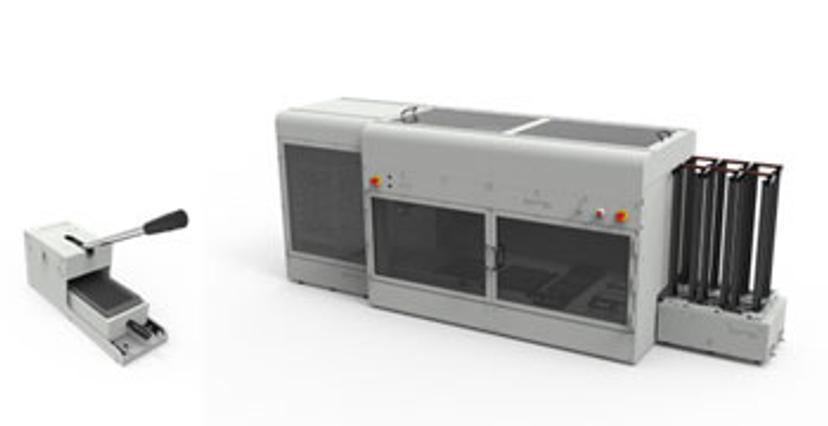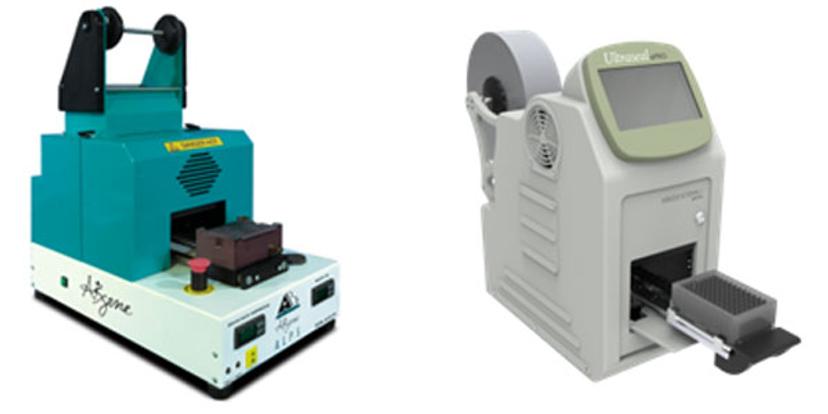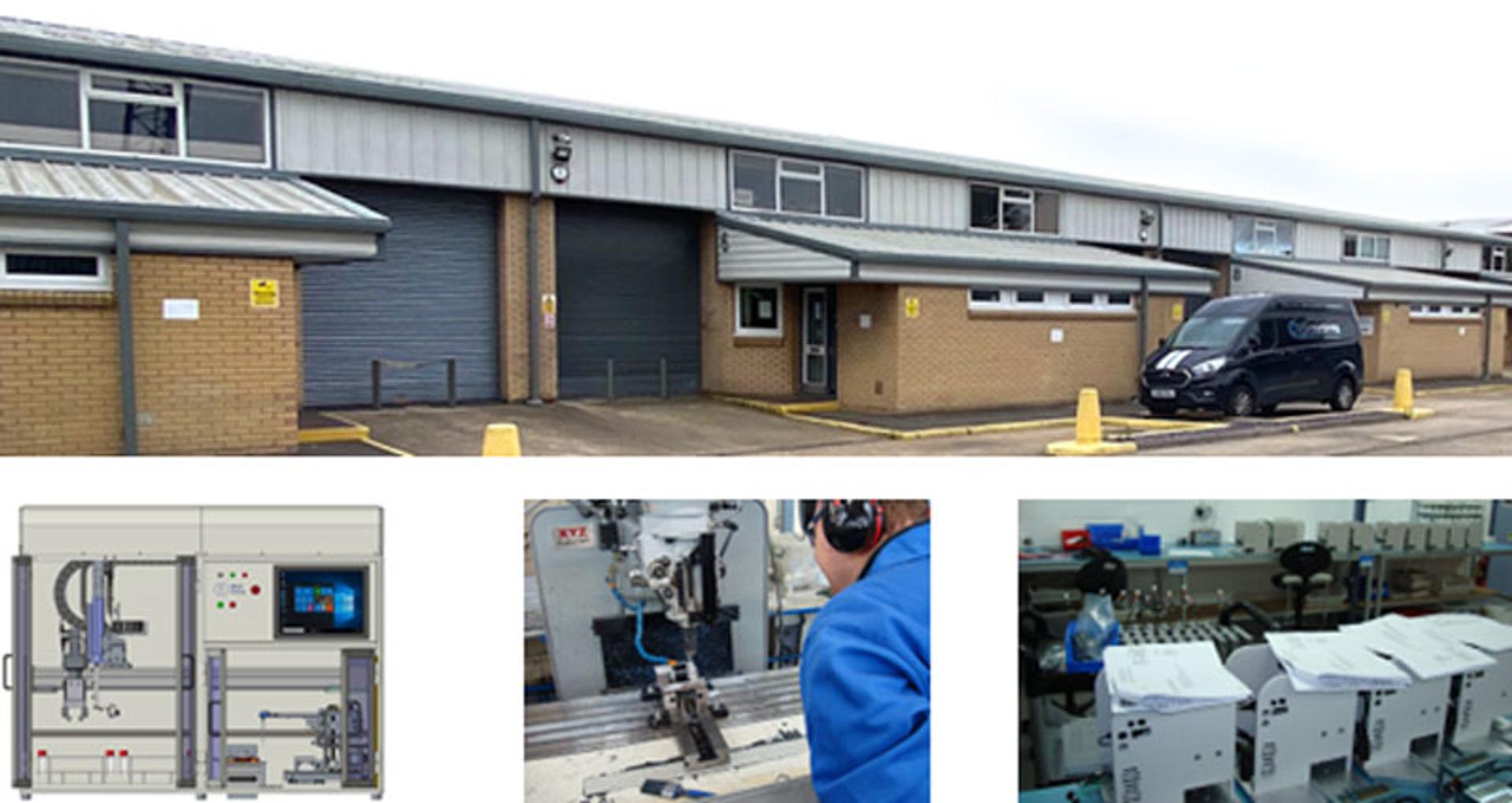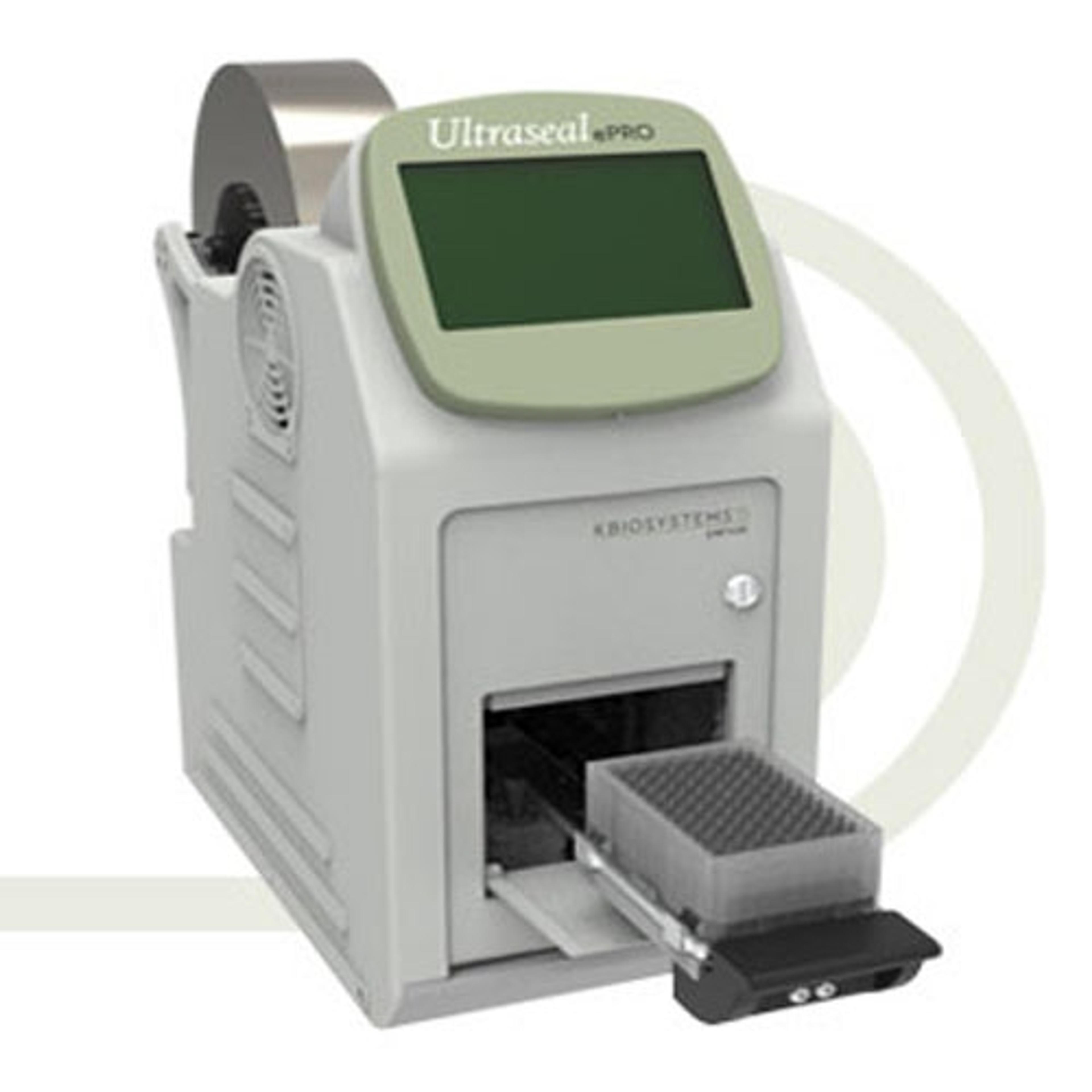How custom robots, platform mods, and off-the-shelf solutions are bringing automation to life sciences
Alan Shepherd, Co-Founder of Kbiosystems, reveals the company’s journey and how it is helping to design and equip the laboratories of tomorrow
6 Jan 2025
With the advent of modern, fully automated instruments, mundane and repetitive manual laboratory tasks could – and should – become a thing of the past. The automation revolution is already well underway in the field of life sciences, as sophisticated robots, miniaturized sample preparation methods, and AI-driven analytical tools are being increasingly integrated into both academic and industrial settings.

Simple manual operation to fully customized automation
“In the last 25 years, I've seen labs go from no automation, relying upon instruments that require multiple technicians, and performing liquid handling in test tubes, to incorporating fully automated processes and having several individual instruments working in a microwell format,” says Alan Shepherd. “The microwell format has evolved from 96 – 384 – 1536 and beyond, allowing researchers to perform over 1000s experiments at the same timescale as for one traditional test tube experiment. This leap in efficiency has been one of the most significant changes I’ve witnessed.”
Shepherd is the Co-Founder and Technical Director of Kbiosystems, a company with more than three decades of experience designing and manufacturing robotic automation solutions for laboratories in the fields of biotechnology and life sciences. In this article, Shepherd looks back at the company’s evolution and highlights how its diverse range of instruments and bespoke solutions can enable researchers and manufacturers to harness the full potential of automation.
Switching gears: From the automotive industry to the Human Genome Project
Established in 1989, Kbiosystems originated as a robotics company primarily serving the automotive industry. “In the late 1980s and early 1990s, we specialized in producing automation solutions for car testing and data logging,” explains Shepherd. However, a significant turning point came when they were approached to assist with the automation of the Human Genome Project. This landmark scientific endeavor – which aimed for the first time to decipher and map the human genome – became the world's largest collaborative biological project, propelling a series of advancements in sequencing technologies and computational tools to track and analyze the vast amount of genomic data generated. Kbiosystems’ contribution to the project was critical, as the company was tasked with providing solutions to overcome the slow pace of existing manual methods. “Originally the Human Genome Project was scheduled to take 25 years with the techniques available at the time. We started providing automation equipment to expedite the project, and ultimately, it took place in thirteen,” Shepherd proudly shares.
Kbiosystems’ involvement in the Human Genome Project marked its first entry into the life sciences domain. Over the subsequent 30 years, the company has established itself as a leading global provider of robotic instruments and automation services, producing solutions and equipment “for all manner of things,” Shepherd enthuses. In 2021, the company was acquired by Porvair PLC, joining the group's Laboratory Division. “As part of the Porvair group, we aim to provide end-to-end solutions for our customers,” says Shepherd. “This encompasses everything from the consumables to the automation to the analytics. It's a single phone call for a whole solution, and that’s the mission going forward.”
Out-of-the-box automation

Plate sealing from 1996 to 2023
From startup laboratories to leading pharmaceutical companies, Kbiosystems caters to clients of all sizes and requirements through three core offerings. “The first is our standard products, which include our microplate sealers, microplate handlers, colony pickers, nitrogen blowdown evaporators, label applicators, and PCR thermal cycler automation systems,” explains Shepherd. Consisting of a variety of semi- and fully automated instruments, these products are designed to meet the specific needs of laboratories, ranging from those seeking entry-level automation to high-throughput facilities aiming to maximize efficiency and productivity. “These are ready-to-use products that are marketed under the Kbiosystems brand and provide scalable automation options that are easily deployable,” adds Shepherd, noting that the company also supplies a wide range of plate sealing films, foils, and adhesive seals to complement its hardware.
“Our second core offering is branded product design and manufacture,” he continues. “We design and manufacture products for other instrument sellers around the world, and these are marketed and sold under their name. For example, during the pandemic, we designed and manufactured a sample preparation robot for COVID-19 testing.”
Instrument modifications and custom robots
Kbiosystems’ third core business focuses on custom design and manufacturing, catering to researchers and manufacturers who require tailored solutions for a specific application. “Custom solutions tend to be required when customers can't buy a system that meets their specific requirements, or they have purchased groups of systems from different vendors and need to bring them together for a particular application,” explains Shepherd.
“If a customer buys an instrument that doesn't quite do what they want it to do, we'll modify it and build the rest of the system around that to meet their needs,” he continues. “Whereas if they can't find the exact solution in their field, we’ll design and manufacture a bespoke system.”
Here, Kbiosystems operates as a turnkey solution provider, overseeing the entire process from initial concept and design to validation, manufacturing, software development, testing, installation, and after-care. “It’s an end-to-end process and everything is conducted in-house; we don’t contract out anything,” Shepherd explains. “When a customer purchases a bespoke solution, we’re responsible for the whole system, even if we are modifying other vendors' equipment. So, if there’s an issue, it’s just one call to Kbiosystems.”
“We have been doing this for 30 years very successfully,” he adds. “Systems we designed 20–25 years ago are still in operation and we continue to support these today.”
According to Shepherd, effective communication is crucial to the success of these efforts. “Engineers can design and manufacture an instrument, its software, the interfaces, etc., but scientists can have a very different take,” he says. “It’s vitally important that we combine their input, which is why our engineers always write a functional specification on how a proposed solution is going to fulfill a customer’s requirements.”
“What Kbiosystems offers is solutions – not integrations,” he adds. “We won't automate for the sake of automating; we like to see what will be achievable through automation and ensure these benefits are realized.”

1. Design 2. Manufacture 3. Assembly and test
Future outlooks
Looking ahead, Shepherd expresses his enthusiasm about becoming further integrated into Porvair’s larger group. “Previously, we’ve had to work in a reasonably tight area because of our skillsets,” he says. “Now, for the consumable market, I have a much bigger pool of scientists throughout the group to call upon, which I'm really excited about.”
“By joining forces, we can offer comprehensive solutions for laboratories seeking to automate their processes, ultimately delivering on our mission to enable scientists to get on with doing science, rather than menial tasks in the lab,” he concludes.

